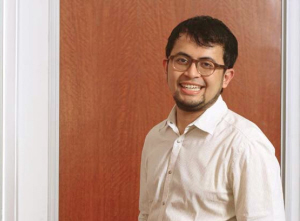Apex court rules Selangor religious law not against freedom of expression
(The Malaysian Insider) – The Federal Court today held that a provision in the Selangor criminal religious enactment that restricts freedom of expression is constitutional.
Judge Tan Sri Raus Sharif, who delivered the unanimous judgment of a five-man bench, said the Federal Constitution could not be read in isolation.
He said Article 10 on freedom of expression must be read together with Articles 3 (1) which stated that Islam is the religion of the Federation.
Other clauses Raus referred were Articles 11, 121 and 74. He said Article 74(2) confers the state assemblies to make laws under the state list.
“So, there is no doubt that state assemblies can make laws that can check on any violation to the precepts of Islam,” he said in dismissing a petition brought by ZI Publications and its director Mohd Ezra Mohd Zaid.
They filed the petition in 2013 to challenge section 16 of the Shariah Criminal Enactment 1995, saying it was invalid and should be struck down.
The petitioners said that only the Malaysian Parliament could impose restrictions on the freedom of expression.
The petitioners said states, including the Selangor government, had ceded their sovereignty to the Federal government and the state constitution following the Federation of Malaya Agreement in 1948.
Ezra was charged in 2013 for an offence under the section for his involvement in the publication of a book “Allah, Love and Liberty” written by Irshad Manji.
The Selangor Islamic authorities have taken the position that the book is contrary to Islamic canon law or Hukum Syara.
Under Section 16 of the enactment, any person who prints, publishes, produces, records, disseminates or possesses any book or document for sale which are contrary to the Islamic law is said to have committed an offence punishable by a fine not exceeding RM3,000 or a maximum two years’ jail or both, upon conviction.
In their petition, ZI Publications and Ezra named the Selangor government as respondent. The court later allowed the Federal government and Selangor Islamic Religious Council as respondents.
Raus in the judgment said the bench was of the view that Article 10 must be read harmoniously with other Articles mentioned above.


